March 17, 2022
Many employers still not offering the work life balance people crave
 Two-thirds of UK employees (66 percent) feel that work life balance is crucial in their decision to apply for a job, yet a third (31 percent) do not currently achieve it, according to new research from Lenovo and Cebr. With over 2,000 UK employees surveyed, Lenovo’s “Future of You” report claims to shed light on the priorities for workers, tracking how these have changed in recent years as well as looking ahead to the future. It found that the offer of remote work is important to over half (54 percent) of workers today, compared to one-fifth (21 percent) ten years ago. Of those who are not currently offered remote work, most (83 percent) feel that their employer is not on track to deliver this in the next two years. (more…)
Two-thirds of UK employees (66 percent) feel that work life balance is crucial in their decision to apply for a job, yet a third (31 percent) do not currently achieve it, according to new research from Lenovo and Cebr. With over 2,000 UK employees surveyed, Lenovo’s “Future of You” report claims to shed light on the priorities for workers, tracking how these have changed in recent years as well as looking ahead to the future. It found that the offer of remote work is important to over half (54 percent) of workers today, compared to one-fifth (21 percent) ten years ago. Of those who are not currently offered remote work, most (83 percent) feel that their employer is not on track to deliver this in the next two years. (more…)






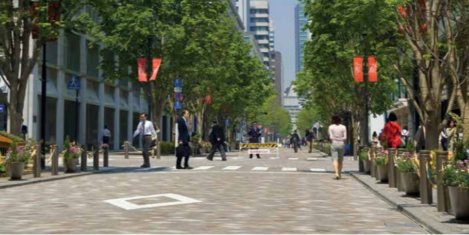
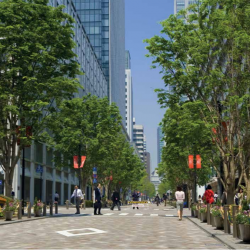

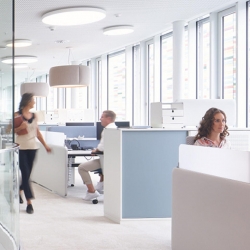






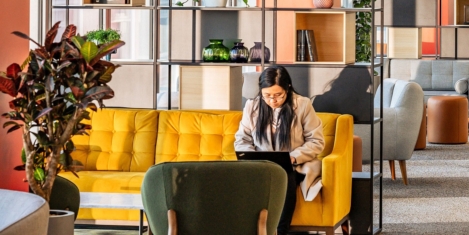
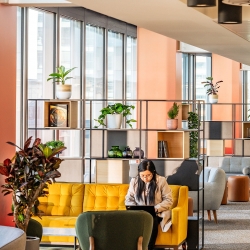

















March 16, 2022
Employees don’t have survey fatigue – they are tired of being ignored
by Stephanie Fitzgerald • Comment, SF, Workplace